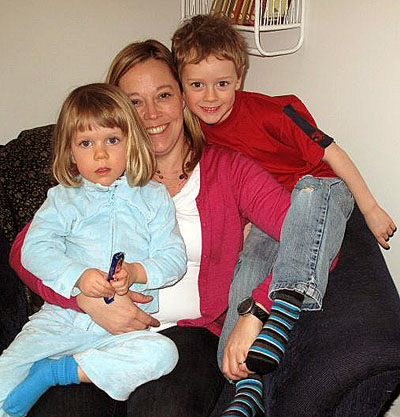
By Laura Stovel
After much optimism in late 2010, the Revelstoke French School will have to wait at least another year to start up.
In a unanimous decision at a special meeting on May 18, the Conseil Scolaire Francophone of British Columbia decided that registration in this Kindergarten-to- Grade-One school was not adequate to justify startup. This decision came even though the Conseil approved the school in principle last December.
Ten children had been registered in the school and the Conseil was “looking for at least 12,” wrote Caroline Grenier, who has been working hard to bring the school to Revelstoke.
The Conseil also had difficulty finding an adequate space for the school, either within the existing school system or elsewhere, she said.
“However, not everything is lost,” Grenier wrote in an e-mail. “The project has been postponed to September 2012. The CSF will revise the situation this fall with the possibility of opening a K-2 program. We would then have more kids and a greater chance to find a more suitable space for the school with the opening (of the new elementary school).”
Grenier wrote that she will continue registering children who were born between 2005 and 2012.
“Every name counts as the CSF will base their budget on the current year and successive years,” she said in the e-mail.
For Grenier, having a French-language school for her children, aged five and three, is important.
“We’re pushing for our kids to be bilingual,” she said. “I want them to learn the culture and to be able to speak it, write it and keep it.”
She fears that if French is only spoken at the home and they are “surrounded by English” they will not gain fluency. Her children, who switch easily from French to English, will also gain English fluency as they will go to high school in English.
Grenier began advocating for a French-language school after the school district was unable to enroll sufficient students for a French immersion program. “Maybe we would not have pursued a French school” if a French immersion program had been available, she said.
Grenier says that the community has been very supportive of the school and that most people recognize that minority French- and English-speaking families in Canada have a right to educate their children in their mother tongue according to Article 23 of the Charter of Rights and Freedoms. To qualify for French minority education in English-majority provinces, the school must have sufficient numbers of students and at least one parent must have been educated in Canada in French. English-speaking families would receive the same rights in Quebec.



